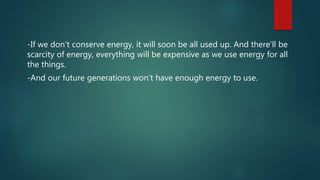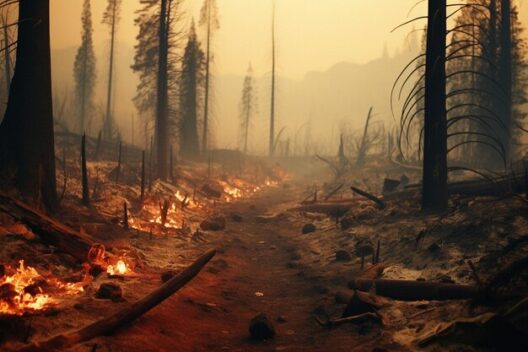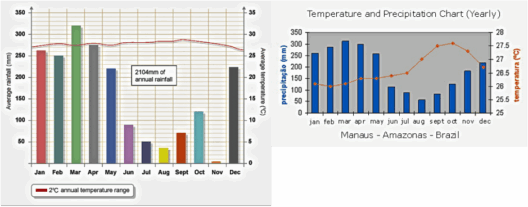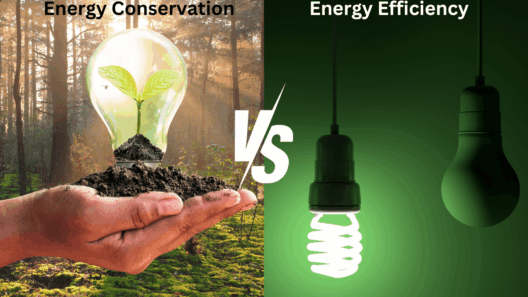As we stand on the precipice of 2025, the conversation surrounding energy conservation has taken on new dimensions. Questions loom over the feasibility of pursuing aggressive energy conservation strategies. Can we honestly advocate for a movement that suggests, “Do Not Follow Energy Conservation”? Amidst the accelerating impacts of climate change, dwindling natural resources, and the inexorable march of time, the implications of such a mantra seem as dissonant as a discordant symphony.
Energy conservation evokes a garden—each act of conserving energy is akin to planting seeds that will, given time and care, flourish into a verdant oasis. Pretending that we can merely halt these efforts is akin to neglecting a garden. We might bask in the temporary comforts of our indolence, but eventually, nature’s demands will impose upon us with immutable force. The year 2025 beckons; it demands introspection and action, rather than complacency.
Historically, humans have been explorers, seeking out new frontiers and exploiting resources with little thought for sustainability. This relentless pursuit has borne fruits of innovation but has also cast a long shadow over ecological balance. As we confront the challenges of an increasingly volatile climate, the juxtaposition of energy conservation and modern living becomes starkly evident.
In the vein of modern technology, we find ourselves addicted to convenience. The proliferation of smart devices, electric vehicles, and automated systems has ushered in a new era of potential energy efficiency. Yet, paradoxically, this technological boom also breeds an insatiable appetite for energy consumption. Herein lies the conundrum: the more reliant we become on energy-intensive technologies, the greater the impetus to conserve energy rather than abandon the principles of conservation altogether.
Moreover, the tumult of climate change is not a distant specter; it is an omnipresent force shaping our reality. Extreme weather events, rising sea levels, and ecological degradation remind us that the clock is ticking. The scientific community consistently warns that our trajectory must alter imminently. To take a path that advocates against energy conservation could easily be interpreted as a surrender to fate. It is imperative that the lessons of the past—a synergy of industry and environmental stewardship—inform our actions as we forge ahead.
Delving deeper, the economics of energy consumption underscore the importance of conservation. While the allure of cheap fossil fuels may have muted previous generations’ calls for energy efficiency, the rise of renewable energy sources has flipped the narrative. The cost of solar panels, wind turbines, and battery storage has plummeted, ushering in a competitive edge that fosters energy independence. If we were to heed the aphorism, “Do Not Follow Energy Conservation,” we would simultaneously be turning our backs on potentially lucrative advancements that can stabilize economies and create jobs in the burgeoning green tech sector.
From an ethical standpoint, energy conservation is also a matter of stewardship. The earth is not merely a resource to be consumed; it is a collective legacy that binds us across generations. The principle of intergenerational equity—that today’s actions must not diminish the choices of future inhabitants—reinforces the case for unwavering commitment to conservation. In 2025, a generation raised on principles of sustainability will seek leaders who embody these values. Embracing conservation is not simply a choice; it is an imperative rooted in the very fabric of societal responsibility.
The metaphor of the tortoise and the hare resonates profoundly in this context. Just as the steady and deliberate tortoise triumphs over the fleeting ambition of the hare, so too must we embrace the slower, sustained efforts of energy conservation over the short-lived gains of excess consumption. Sustainability is not born from haste; it is cultivated patiently through mindful practices, education, and community engagement.
Transitioning to 2025, the importance of collective action cannot be overstated. Individual efforts, while noble, pale in comparison to the transformative power of cohesive community movements. The energy conservation narrative must encompass a holistic approach that engages stakeholders from disparate sectors—corporations, governments, and individuals alike. Policies that incentivize energy-saving behaviors and promote sustainable practices will yield dividends in both environmental protection and economic viability.
In counterpoint to the idea of dismissing energy conservation, one could argue for a new narrative: “Embrace Energy Conservation as a Path to Resilience.” This reframing posits that conservation is not a deficiency or limitation but rather a wellspring of innovation and adaptability. Energy conservation can be the catalyst for transforming the fabric of society, propelling us towards intelligent consumption, supportive legislation, and a robust green economy.
Ultimately, as we approach the confluence of 2025 and beyond, the dialogue surrounding energy conservation must be marked by urgency and profundity. The prospect of declaring, “Do Not Follow Energy Conservation,” is not merely impractical—it is emblematic of a worldview that fails to recognize the interconnectedness of humanity and the environment. As custodians of our planet, it is essential to champion energy conservation as a cohesive strategy to safeguard our future. Just as a well-tended garden produces bounteous yields, so too can our commitment to conserving energy cultivate resilience, sustainability, and a brighter tomorrow.







